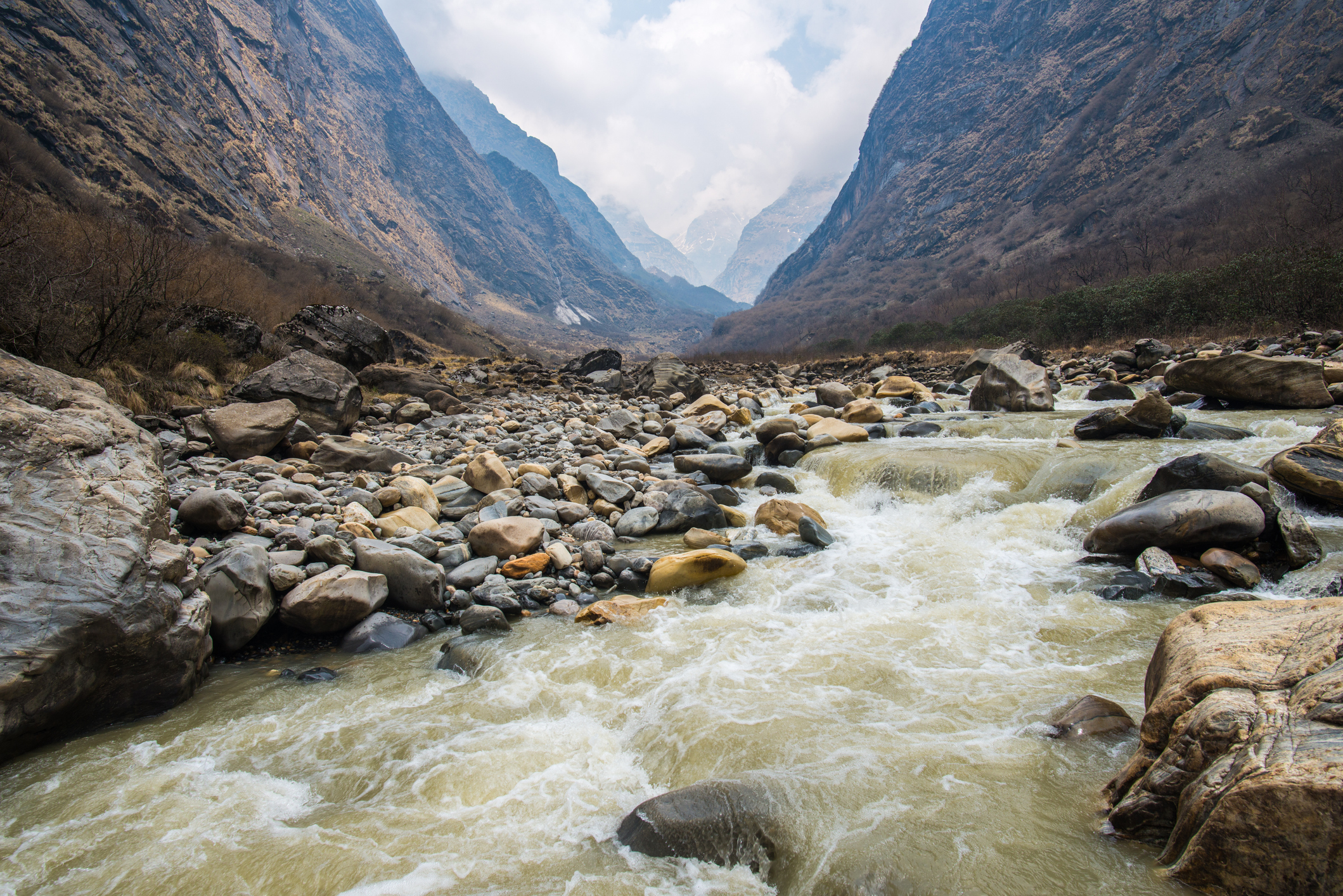Rivers running between different countries are a common concern as plastic pollution upstream adversely affects life downstream. Plastic pollution in rivers is a significant issue with far-reaching consequences, affecting not only freshwater ecosystems through the countries where rivers meander but also marine life where the river drains into the ocean. To clean river Sunkosi in the Bagmati province of Nepal, 134 people participated in a river cleanup campaign organised by Project CAP (Collaborative Approach for Preventing Plastic Leakages in Rivers) in Golanjor rural municipality under the PLEASE (Plastic Free Rivers and Seas of South Asia) program.
River Sunkoshi’s water source is located in the Zhangzangbo Glacier in Tibet, which merges with River Saptkoshi ultimately joining River Ganga in Katihar district of Bihar in India, finally draining into the ocean at the Bay of Bengal in Bangladesh. Civil Society Creasion Nepal in collaboration with Golanjor Rural Municipality, Youth Cohorts, the Armed Police Force, Nepal Police, Traffic Police, and other stakeholders, completed a river cleanup campaign that removed 24,575 kg of waste from the Sunkoshi river banks and waste hotspots.
According to Ujjwal Upadhay, team lead for project CAP, at least 12 more river cleanup campaigns have to be conducted, one in each of the seven municipalities. CAP project helped open the way to the new landfill site, and the waste was managed in the plastic waste hotspot using standard waste management mechanisms.
Anand Mishra, founder of CREASION, emphasised the importance of individual responsibility in conserving natural resources. He emphasised that people should not rely solely on external motivation or funding for crucial work like nature conservation. This commitment should come from within, ensuring a better future for Nepal.
Shankar Baral, Chairperson of Golanjor Municipality, stated that Golanjor Rural Municipality has been experiencing waste problems due to rapid urbanisation. Plastic bottles and waste are found everywhere, passersby and locals find it easy to dump waste near river banks. The Bank of the River appeared blue and red with single-use plastic. Members of the youth cohort stressed that Implementing effective waste management practices will reduce the amount of plastic entering rivers through proper disposal, recycling, and waste reduction strategies.
Enforcing regulations to limit the production, use, and disposal of single-use plastics, promoting the adoption of biodegradable alternatives, educating communities about the impacts of plastic pollution and encouraging behavioural changes to reduce plastic consumption and by stopping litter, rivers can be kept clean. India has banned single-use plastic from 1st July 2022 under the Plastic Waste Management Amendment Rules, 2021. By taking concerted action in every country to address plastic pollution in rivers, the health and integrity of our oceans can be protected for the safety of future generations.
Sweta Singh (Kathmandu)










